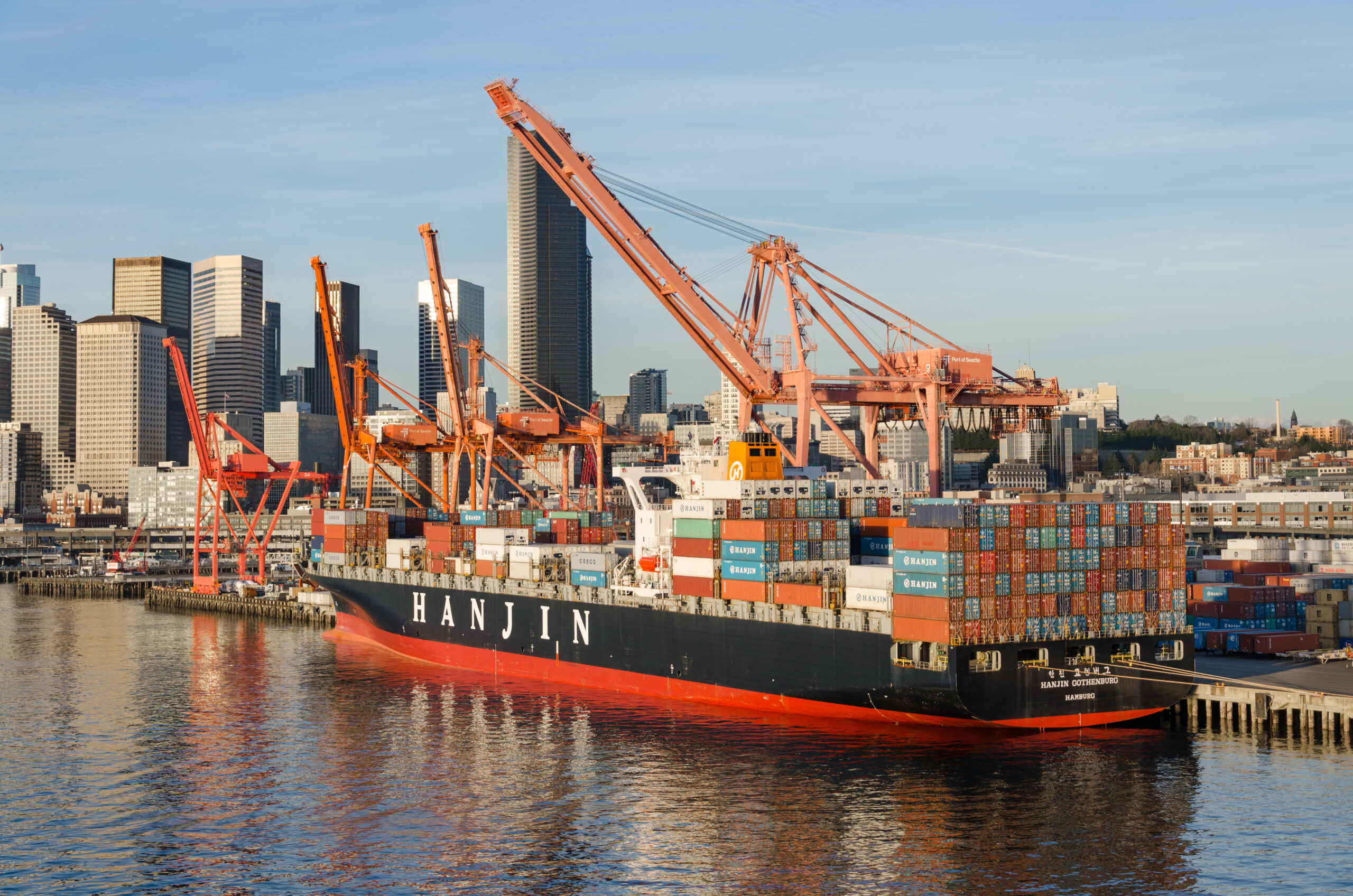Washington State Governor Jay Inslee launched the Maritime Blue strategy early last month at the Port of Seattle. The first of its kind in the United States, the strategy aims to make Washington State the leader in the maritime industry by 2050.
The Port of Seattle was one of the first coastal areas to support the Governor’s plan. The port will invest nearly $3 million in workforce development in 2019 for apprenticeship training, retention and to support the growth of women and minorities in the industry. Maritime Blue commissioners also approved funding to bring shore power to the cruise berth and Terminal 5 at Pier 66.
“Maritime activity has long been a pillar of our state’s economy, and we are uniquely positioned to lead the country in maritime innovations,“ Inslee said while speaking at the Port of Seattle. “The initiative allows us to show the nation that we can adopt new management practices and clean technologies while creating living-wage jobs for Washington.”
Compared to maritime industries in other states, the Washington Maritime Blue strategy will be able to take advantage of world-class communication technology and the sustainable tech sectors to carry out the innovative projects in the plan. One of the first projects of the initiative is a Maritime Innovation Center at Pier 66. The center will aid in research, development and commercialization of technology.
Washington State’s maritime industry consists of cargo logistics, commercial fishing, shipbuilding, passenger ferries, military defense, recreational boating and ocean science technologies. The blue economy also contributes more than$30 billion in economic revenue and employs nearly 70 thousand people.
The Maritime Blue strategy will do wonder’s for Washington’s blue economy, with an ugly side effect. The maritime industry is widely regarded as one of the most dangerous lines of work in the United States. With more people expected to work in the industry, there is likely to be an increase in maritime accidents.
Accidents sustained aboard a vessel are more severe than other workplace injuries. Take slipping and falling for example. Typically, this type of accident will not cause any serious injuries, but if it happens aboard a vessel, it has the potential to be deadly. Slipping and falling on a vessel could result in broken bones, being crushed by heavy equipment and falling overboard.
This is just an example of one fairly common accident that can injure maritime workers. Any accident aboard a vessel has the potential to cause detrimental injuries. Contact BOATLAW, LLP if you or someone you love was injured in a maritime accident.












